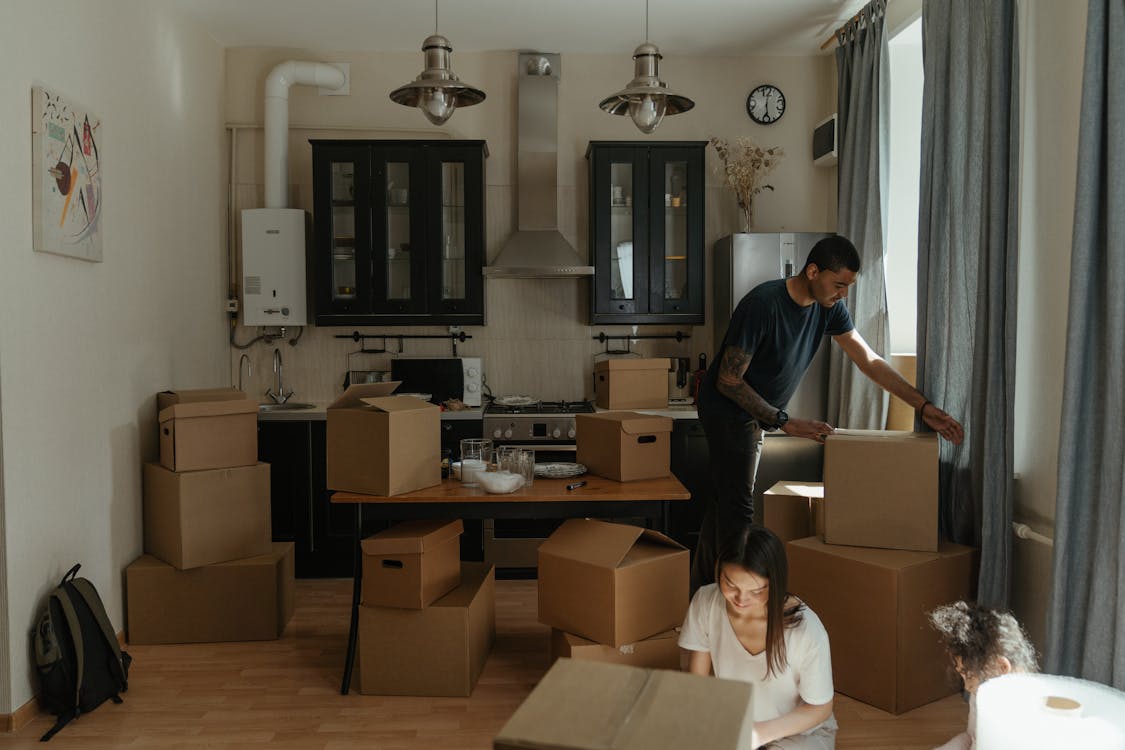Moving can be an exhilarating yet daunting endeavor, especially when it involves traveling to or from Louisville, KY. This bustling city offers unique opportunities and challenges for relocating individuals and families. Whether you’re moving across the state or the country, understanding how to coordinate your move effectively can significantly reduce stress. This guide provides essential tips and strategies designed to streamline your moving process while ensuring a smooth transition to your next adventure.
Early Planning is Key
The key to a stress-free move is early and meticulous planning. Begin by drafting a comprehensive moving checklist several months in advance. This list should detail every task, from securing packing supplies to confirming travel arrangements. Early planning allows you to address potential challenges and provides ample time to make informed decisions.
Handling Logistics
Effective coordination of logistics is critical when managing a move alongside travel plans. This involves syncing your moving dates with your travel itinerary to avoid any clashes that could cause significant inconvenience or additional costs. For example, if you are flying out, ensure that your moving truck is scheduled to arrive at your new home either just before you leave or shortly after you arrive. This reduces the risk of your belongings being unattended or needing costly storage solutions.
In Louisville, local moving companies often provide flexible scheduling options that can accommodate the unpredictability of travel plans. They can also offer temporary storage solutions if there is a gap between when you move out and when you can move into your new home. Communicate your travel schedule with your chosen Louisville moving company as early as possible to arrange the most efficient transition.
Declutter Before You Pack
A crucial step in preparing for a move is decluttering your current residence. This process not only simplifies packing but also reduces moving costs by decreasing the load. Start by categorizing items into what to keep, sell, donate, or discard. Many charitable organizations welcome donations of gently used items, and local online marketplaces provide platforms to sell items that are no longer needed.
Decluttering can be emotionally and physically taxing, but the benefits are many. By lightening your load, you save on packing materials and reduce the time and energy required for packing and unpacking. Engage the whole family in this process to make it more manageable and to ensure that everyone contributes to the decision-making process.
Choosing the Right Packing Strategies
Effective packing is pivotal to protecting your belongings during transit. Purchase high-quality packing supplies like durable boxes, bubble wrap, packing peanuts, and packing tape. For delicate items, use double-boxing and plenty of cushioning. Label each box clearly with its contents and the room it belongs to. This will not only help with organizing the move but also simplify the unpacking process at your new home.
For those less experienced with packing, or for larger or more delicate items, professional movers can provide expert packing services. These services can be particularly valuable for ensuring that valuable items are safely secured and insured against damage during the move.
Travel Arrangements
Making travel arrangements in advance is another key aspect of a smooth moving process. This includes booking flights, reserving rental cars, or planning your driving route if you’re moving to a distant location. If the journey is long, consider the needs of all family members, including pets. Planning stops for rest and meals can make the trip more comfortable for everyone involved.
For air travel, it’s important to book tickets early to avoid high last-minute fares and ensure that your preferred flights are available. If you’re moving with pets, check the airline’s pet policy well in advance and prepare any required documents and carriers. Apps and websites dedicated to travel can be invaluable tools for comparing prices and booking accommodations if you need to stay overnight during your move.
Setting Up in the New Location
Once you arrive at your new home, having a plan for the first few days can make the transition smoother. One helpful tip is to pack an essentials box that contains everything you need for the first 24 to 48 hours, such as toiletries, basic cookware, medications, and a few changes of clothes. This box should travel with you, separate from the moving truck, to ensure immediate access to these items.
Upon arrival, prioritize tasks such as unpacking critical items, setting up utilities, and securing your home. If you’ve moved to a new city or state, take the time to register with local services and explore your new community. This can include finding a new doctor, registering children in school, and locating the nearest grocery store or pharmacy.
When Things Don’t Go as Planned
No matter how well you plan, moving can sometimes bring unexpected challenges. Weather delays, travel issues, or last-minute changes can all impact your moving experience. It’s important to stay flexible and have contingency plans in place. Keep a list of backup options, such as alternative travel routes or additional accommodation options, should you need to make last-minute changes.
If you encounter significant issues, don’t hesitate to reach out for help. Local resources in Louisville can provide quick assistance, whether it’s dealing with a moving truck breakdown or finding emergency pet boarding. Maintaining a calm, problem-solving mindset can help you navigate these hurdles effectively.
Conclusion
Moving, especially combined with travel, is undoubtedly complex, but with the right preparation, it can also be a rewarding adventure. By following the outlined steps—from early planning and handling logistics to making travel arrangements and setting up your new home—you can manage the stresses of moving and start your new chapter on a positive note.
As you unpack and settle into your new environment, take the time to appreciate the opportunities that your new location offers. Integrating into the community, discovering local spots, and making your new house a home are all parts of the exciting journey of relocation. With careful planning and a proactive approach, your move can be less about the stress and more about the fresh possibilities awaiting in your new home.













